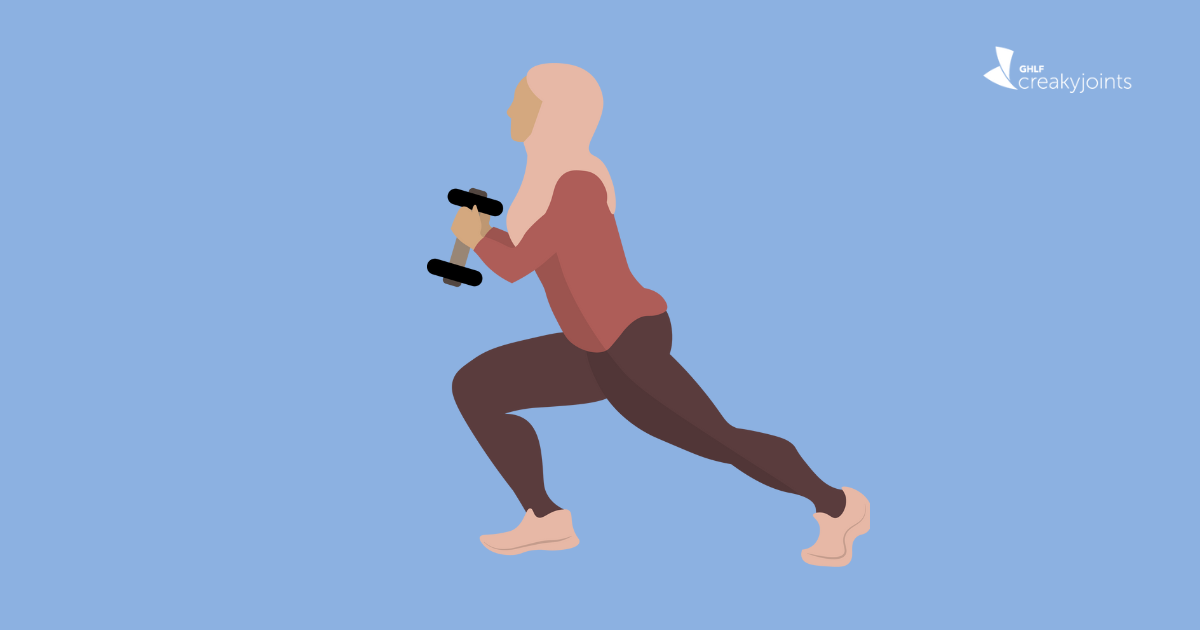![]()
![]()
Patients with osteoarthritis (OA) are often advised to exercise to help improve strength and range of motion, but there can also be a downside. When an activity places pressure on an already achy joint, it could lead to more pain and discomfort. So is it worth it?
If you have knee OA and your goal is to avoid joint replacement surgery, a new study says yes.
According to new research presented at the 2018 American College of Rheumatology/Association of Rheumatology Health Professionals (ACR/ARHP) Annual Meeting in Chicago, knee OA patients who walk at a moderate to vigorous pace may have a lower risk of needing total knee replacement surgery compared to people who are less active.
The study authors, a team from the University of Delaware, used data from the Osteoarthritis Initiative (OAI) to indentify 1,854 people with knee OA who had not had knee replacement surgery when the study began. During the following five years, 108 participants wound up having total knee replacement surgery.
During the study, participants wore accelerometers that enabled researchers to track the amount and intensity of their activity.
What they learned: People who had replaced five minutes per day of non-walking time with five minutes of walking had reduced their risk of knee surgery by 16 percent — but only if they walked at moderate to vigorous intensity. Walking at a light intensity didn’t make a difference.
“Our findings suggest that small changes in walking behavior may delay the need for [total knee replacement] in people with or at high risk of knee OA,” study co-author Hiral Master, PT, MPH, told the American College of Rheumatology in a press release. “Clinicians should consider encouraging their patients with or at high risk of knee OA to go for a brisk walk for five to 10 continuous minutes each and every day.”
Although five to 10 minutes might not sound like a lot for some people, it may be too difficult for people who are currently very sedentary or in a lot of pain. When in doubt, talk to your doctor. You may be advised to start with more gentle walking or another type of low-impact exercise before increasing the intensity and duration of your activity.
Learn About More Rheumatology Research Breakthroughs
Follow our latest ACR meeting coverage to read about the research findings that could affect your treatment, lifestyle, and overall health.
Get Involved with Patient-Centered Arthritis Research
If you are diagnosed with osteoarthritis or another musculoskeletal health condition, we encourage you to participate in future studies by joining CreakyJoints’ patient research registry, ArthritisPower. ArthritisPower is the first ever patient-led, patient-centered research registry for joint, bone and inflammatory skin conditions. You can use ArthritisPower to track your disease symptoms, share patterns with your doctor, and participate in voluntary research studies. Learn more here.





